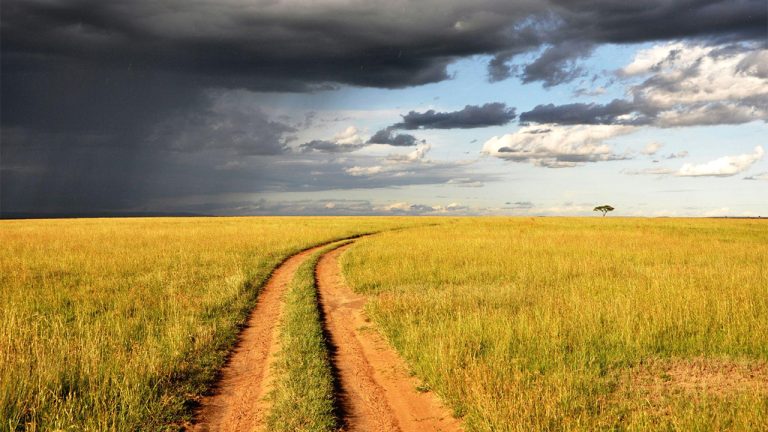The Tanzanian government’s decision to relocate the Maasai, under President Samia Suluhu Hassan, has sparked significant debate, especially concerning the balance between environmental conservation and human rights. While the initiative aims to protect the fragile ecosystem of Ngorongoro and improve the Maasai’s living conditions, it has also raised legitimate concerns about the rights and welfare of those being relocated.
Environmental considerations and Human Rights concerns
Ngorongoro is a region of immense ecological importance, home to a rich array of biodiversity that is increasingly under threat due to human activity. The Tanzanian government has identified the reduction of human impact in this area as crucial for the long-term preservation of its natural resources. The relocation is presented as a necessary measure to ensure the sustainability of the environment. Research suggests that overpopulation and unsustainable resource use pose significant risks to the area’s biodiversity, highlighting the need for action.
Despite the government’s assurances, there are widespread concerns about the human rights implications of the relocation. Critics argue that the Maasai’s relocation could lead to the erosion of their traditional way of life and that their consent may not be fully informed or voluntary. Human rights organizations have expressed worries about potential violations, calling for greater transparency and oversight to ensure that the Maasai’s rights are fully respected throughout the process.
Improvements for the Maasai
The relocation plan includes provisions for enhancing the quality of life for the Maasai, with new settlements like Msomera offering improved access to education, healthcare, and modern infrastructure. Many Maasai who have moved report better opportunities for their children and more sustainable livelihoods, particularly in terms of managed grazing lands and new economic initiatives. However, these positive outcomes are tempered by concerns that not all Maasai will equally benefit from the relocation, and that the changes may not adequately address the needs of the most vulnerable.
Efforts are being made to ensure that the Maasai’s cultural identity is preserved even as they adapt to new environments. This includes integrating the Maasai into ecotourism initiatives, where they can play an active role in conservation while educating visitors about their culture. While these initiatives offer some hope for balancing tradition with modernity, the long-term impact on Maasai culture remains uncertain, and there is a risk that relocation could disrupt their social fabric.
A Complex Path to Sustainable Development
Tanzania’s approach to Maasai relocation is being closely watched as a potential model for balancing human development with environmental conservation. While the government’s intentions are to create a future where both people and nature can thrive, the process has highlighted the complex challenges involved in achieving this balance. Concerns about human rights, cultural preservation, and equitable development suggest that careful monitoring and adjustments will be necessary to ensure the relocation’s success.
In conclusion, the Maasai relocation initiative is a complex and controversial project that seeks to balance environmental conservation with human development. While there are tangible benefits for some of those relocated, the concerns raised by human rights advocates underline the need for ongoing vigilance to ensure that the rights and welfare of the Maasai are fully protected. Under President Hassan’s leadership, Tanzania is navigating a difficult path, striving to harmonize the needs of both people and the environment.
